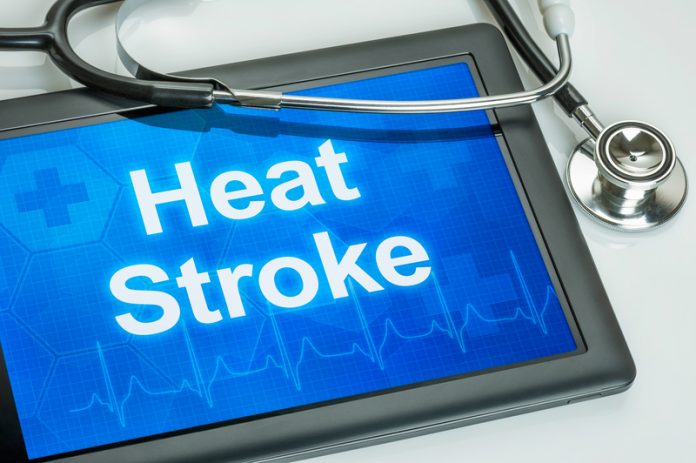National Institute of Health provides tips to help reduce the risk of hyperthermia as heat-related health dangers for older adults increase during the summer heat
As we age, our ability to respond to hot weather can become a serious problem. Older people are at significant increased risk of heat-related illness, known collectively as hyperthermia, during the summer months.
Hyperthermia can include heat stroke, heat edema (swelling in your ankles and feet when you get hot), heat syncope (sudden dizziness after exercising in the heat), heat cramps, and heat exhaustion.
Heat stroke is a severe form of hyperthermia that occurs when the body is overwhelmed by heat and unable to control its temperature. Someone with a body temperature above 104 degrees Fahrenheit is likely suffering from heat stroke. Symptoms include fainting; a change in behavior (confusion, combativeness, staggering, possible delirium or coma); dry, flushed skin and a strong, rapid pulse; and lack of sweating.
Experts at the National Institute on Aging, part of the National Institutes of Health, say knowing which health-related factors may increase risk could save a life. Those factors include:
- Age-related changes to the skin such as poor blood circulation and inefficient sweat glands
- Heart, lung, and kidney diseases, as well as any illness that causes general weakness or fever
- High blood pressure or other conditions that require changes in diet, such as salt-restricted diets
- Reduced sweating, caused by medications such as diuretics, sedatives, tranquilizers, and certain heart and blood pressure drugs
- Taking several drugs for various conditions (It is important, however, to continue to take prescribed medication and discuss possible problems with a physician.)
- Being substantially overweight or underweight
- Drinking alcoholic beverages
- Being dehydrated
Lifestyle factors can also increase risk, including extremely hot living quarters, lack of transportation, overdressing, visiting overcrowded places, and not understanding how to respond to weather conditions.
If you suspect that someone is suffering from a heat-related illness:
- Call 911 if you suspect heat stroke.
- Get the person out of the heat and into a shady, air-conditioned or another cool place. Urge them to lie down.
- If the person can swallow safely, offer fluids such as water and fruit or vegetable juices, but not alcohol or caffeine.
- Apply a cold, wet cloth to the wrists, neck, armpits, and groin. These are places where blood passes close to the surface of the skin, and a cold cloth can help cool the blood.
- Encourage the person to shower, bathe, or sponge off with cool water if it is safe to do so.











